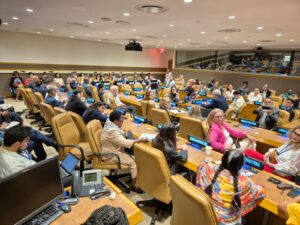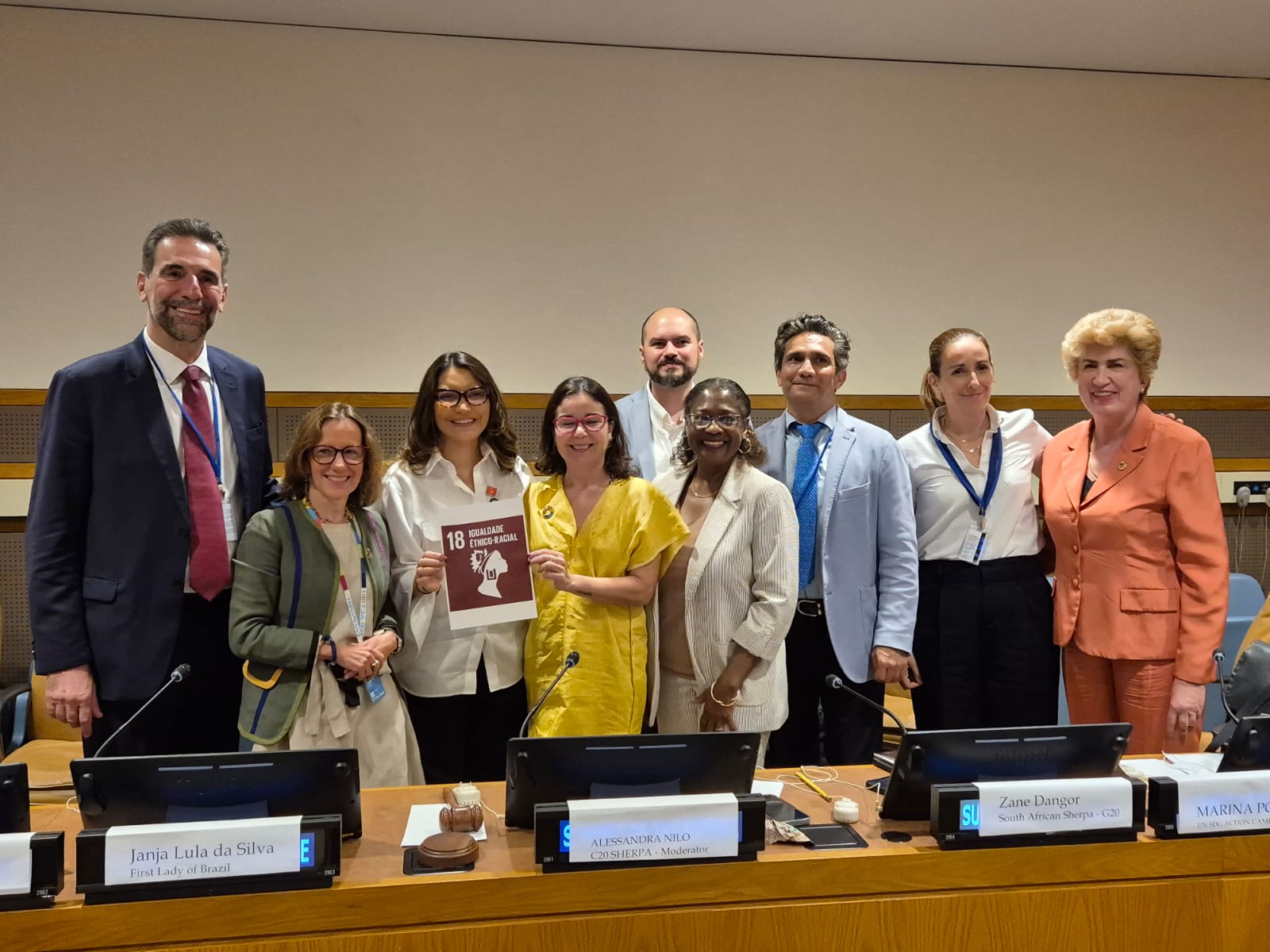The planet is getting hotter, and it’s happening at an accelerating pace. In a context of increasing tensions and polycrisis, marked by rapid biodiversity loss, climate emergencies, economic disruptions, and conflicts, it is more urgent than ever to fast-track the implementation of key agreements such as the 2030 Agenda, the Addis Ababa Action Agenda on Financing for Development, and most climate agreements.
The G20 is a strategic forum for international economic cooperation and plays a critical role in shaping and strengthening global governance on major international economic issues. This event will address a set of proposals currently being developed within the G20 to tackle global challenges, particularly as Brazil’s 2024 presidency focuses on priorities like fighting hunger, poverty, and inequalities, promoting sustainable development, and reforming global governance. These priorities will be essential components of discussions leading up to the Summit of the Future, the IV Conference on Financing for Development, and the Global Tax Convention.

At the Summit of the Future, held at the UN headquarters in New York, a side event titled “Fair, Inclusive, and Anti-Racist Economies to Leave No One Behind” took place, an initiative of the C20, alongside the Brazilian and South African governments, and UN Women. The discussions centered on the importance of gender in public policies, tackling energy poverty, and the Global Alliance Against Hunger. The event was moderated by C20 Sherpa Alessandra Nilo, co-founder of Gestos. The agenda included C20 recommendations to the G20 on policies for justice and anti-racist economies, with a focus on reducing inequalities.
Brazil’s First Lady, Janja Lula da Silva, represented the Brazilian government at the roundtable. In her speech, she emphasized that there is no single solution to hunger and poverty but noted that global leaders’ political will, sharing experiences, cooperation, and resource investment can effectively eradicate these issues. She also highlighted the importance of placing women at the center of economic policies to promote gender equality. “Gender disparity in these spaces is something we, as women, can no longer tolerate,” she stated. “In regions affected by armed conflict and climate change, disparities in access to food are even more profound and require public policies that address both gender and racial issues.”
The event also explored G20 positions under Brazil’s presidency aimed at accelerating progress toward eradicating hunger and poverty, promoting sustainable development, and addressing climate change through solutions like debt relief, reforms in international financial institutions (IFIs), multilateral development banks, and global tax architecture. The focus was on supporting anti-racist and gender-sensitive fiscal and financial policies capable of transforming the world. “Civil society is committed to discussing and contributing to the transformations we dream of, in partnership with governments, with objectives and goals to ensure sustainable development. The most revolutionary thing we can do today is to spread hope,” concluded Alessandra Nilo.
